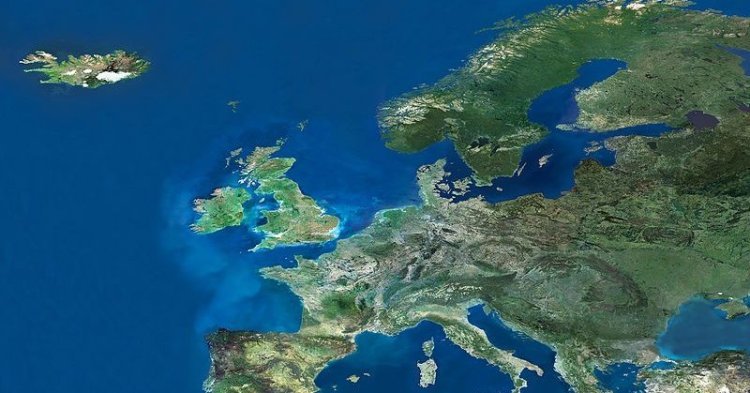Whilst the great 20th century thinker Michel Foucault, famously states pouvoir-savoir, power is knowledge and knowledge is power, be aware on how he also writes that “power is repression”. While indeed power does repress, the lack of a power system is where repression is even more crude and cut-throat, no one wants to live in a Hobbesian state of nature that is “nasty, brutish, and short”.
I say all this to place you, dear reader, within a frame of mind. A frame of mind that is weary of all power configurations, that is willing to go through the normative intellectual exercise of thinking about what the purpose of power is. For how can we advocate for a more federal Europe, if we do not have it crystal clear in our minds not only the great benefits that come with deepened integration, but also the potential ways that a ‘federal option’ could be badly executed. Integration for integration’s sake is not an approach I can subscribe to.
Our current European Institutions more often than not feel remote and alien to the citizen. While remedies such as increased democratisation of the Commission, and increased power to the parliament will go a long way, the fact remains that the Europe-wide level of governance can never offer the citizen the same kind of agency to take part in decision making that regional government can offer. Who better can understand, contemplate, and ultimately decide on the best way to govern on local matters with the highest of democratic standards, then regions and local communities themselves?
As strange as this may initially sound, I believe in a federal solution precisely because of my evermore ardent belief that power should be as widely distributed and as close to the citizen as possible. In Article 5 of our Treaty on the European Union, there is the principle of subsidiarity, a principle that aims to ensure that decisions are taken as closely as possible to the citizen. The fact that this principle is already European Union Law is, I feel, a robust step in what is a long road to truly democratic decision making.
But how can someone who advocates for local decision making be in favour of a more integrated Europe? The fact of the matter is that we unfortunately live in a dog-eat-dog world, were despite our bickering, European citizens share a lot of common values; the most important of which being the belief in human rights and the rule of law. The greatest shame would in fact be if we do not cooperate together to not only foster a stable space in an ever-turbulent world, if we don’t bind together as the flagbearer of our values on the global stage. A fragmentation of the high politics of foreign policy and defence is a plan which only prevents us from achieving these very aims. A United Europe on the global stage is not only our best bet, by far, for maintaining long-term security within our region, but indeed it is the chance to create a global player that promotes multilateral decision making, a player that is willing to forge global solutions to global problems.
For how else could we deal with global issues ranging from climate change, pandemics, and the general pandemonium that comes with international politics if we are not bound together as a united front? What other solution really is there to protect the rights of local communities to have their say under a regime of democratic stability than a United Europe?
In my view, this continent’s direction could not be clearer. A Europe truly united, with a single policy on defence and foreign affairs, is a pre-requisite for the long-term internal balance between the need for cooperation and the need to maintain a stable political environment for truly democratic communities. This is not Europe for Europe’s sake; this is a Europe of purpose. A Europe that is guided by the principle of subsidiarity, committed to dispersing power throughout the population.
Earlier I mentioned the famous Foucaultian mantra of pouvoir-savoir: this philosophical expression of an intimate relationship between power and knowledge should not remain in the lecture hall. Our central aims for a better tomorrow lie in the dispersion of knowledge, and the dispersion of power. Democracy and education are the other side of the coin. Fostering critical thinking skills and increasing the power of legislators go hand in hand. Rethinking concepts of ‘intellectual ownership’ is part and parcel with democratising what is simultaneously the most consequential, yet least accountable source of power: the economic sphere. A Europe that is willing to reform into a sphere of true democracy, were people rather than money is what fuels policy making, would truly be a Europe to be proud of. Federalism in isolation, without context, is futile, but federalism as a means to a fairer society is vital.

Follow the comments: |
|
